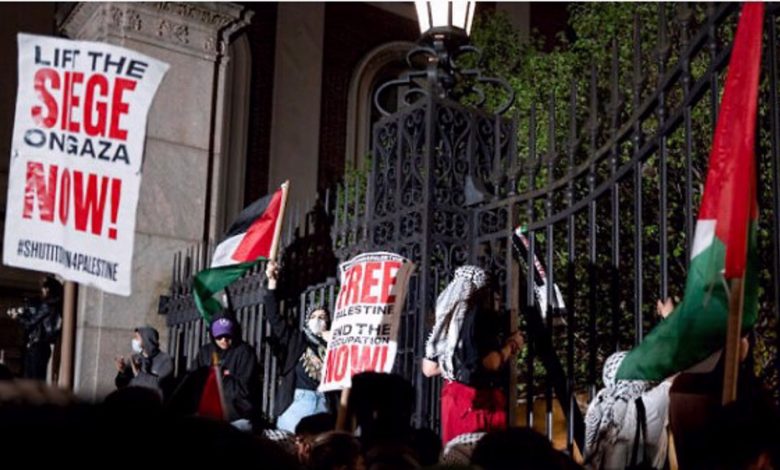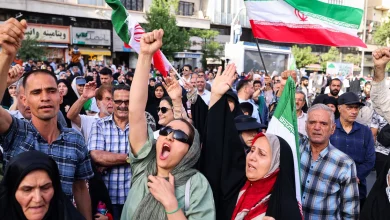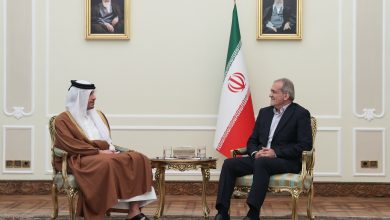Columbia University president resigns amid controversy over Gaza demonstrations
The president of Columbia University has stepped down amid widespread criticism over her management of

Minouche Shafik revealed her resignation in an email to the university community on Wednesday, following a tenure of just over a year. She is now the third president of an Ivy League institution to resign amid campus protests regarding the Gaza conflict.
The university was criticized for its aggressive approach toward pro-Palestinian students protesting against the genocide in Gaza. Shafik gave New York police permission to enter the campus and dismantle their encampments, arguing that the protesters “pose a clear and present danger to the essential operations of the university.”
Hundreds of faculty members publicly denounced Shafik’s methods and staged walkouts in solidarity with their students. Consequently, Shafik has faced increasing calls to resign due to her involvement in the suppression.
On Wednesday, Shafik announced her decision to step down. She stated that her goal was to ensure new leadership is established before the new term begins on September 3, a date on which student protesters have vowed to resume their demonstrations.
“It has been a tumultuous time, marked by challenging differences of opinion within our community. This era has significantly impacted my family, much like it has affected many others among us,” Shafik stated.
The university has named Katrina Armstrong, currently the dean of Columbia’s medical school, as the interim president. In her remarks, Armstrong conveyed a profound awareness of the difficulties the University has faced over the past year.
Shafik, who previously led the London School of Economics and held a senior role at the World Bank, announced she plans to return to the UK following her resignation.
The student activist organization, Columbia Students for Justice in Palestine, expressed their approval of the resignation on the social media platform X.
“Following months of chants proclaiming ‘Minouche Shafik, you can’t hide,’ she has finally taken notice. Let it be understood that any future president who ignores the Columbia student body’s strong call for divestment will face the same consequences as President Shafik,” the group stated.
The announcement was made only a few days after the school revealed that three deans had stepped down following criticism from the university’s president regarding their participation in “deeply concerning” text messages that included “anti-Semitic references.”
Columbia University became a central hub for student-driven pro-Palestinian protests, sparking a widespread series of demonstrations across universities in the United States and internationally. Students in their hundreds urged their institutions to withdraw investments from companies linked to the Israeli government.
Shafik, who assumed the role of president of the prestigious university in New York City in July 2023 as the institution’s first female leader, testified before Congress in April. The hearings, which received extensive media coverage, focused on allegations of “on-campus anti-Semitism.” This occurred just days before protesters occupied Columbia.
Since October 7 of last year, following a retaliatory action by Gaza’s resistance groups, the United States has been providing extensive political, military, and intelligence assistance to the Israeli government, which subsequently initiated a severe conflict in the Gaza Strip.
Since the beginning of the military offensive, nearly 40,000 Palestinians have been killed by the Tel Aviv regime.







